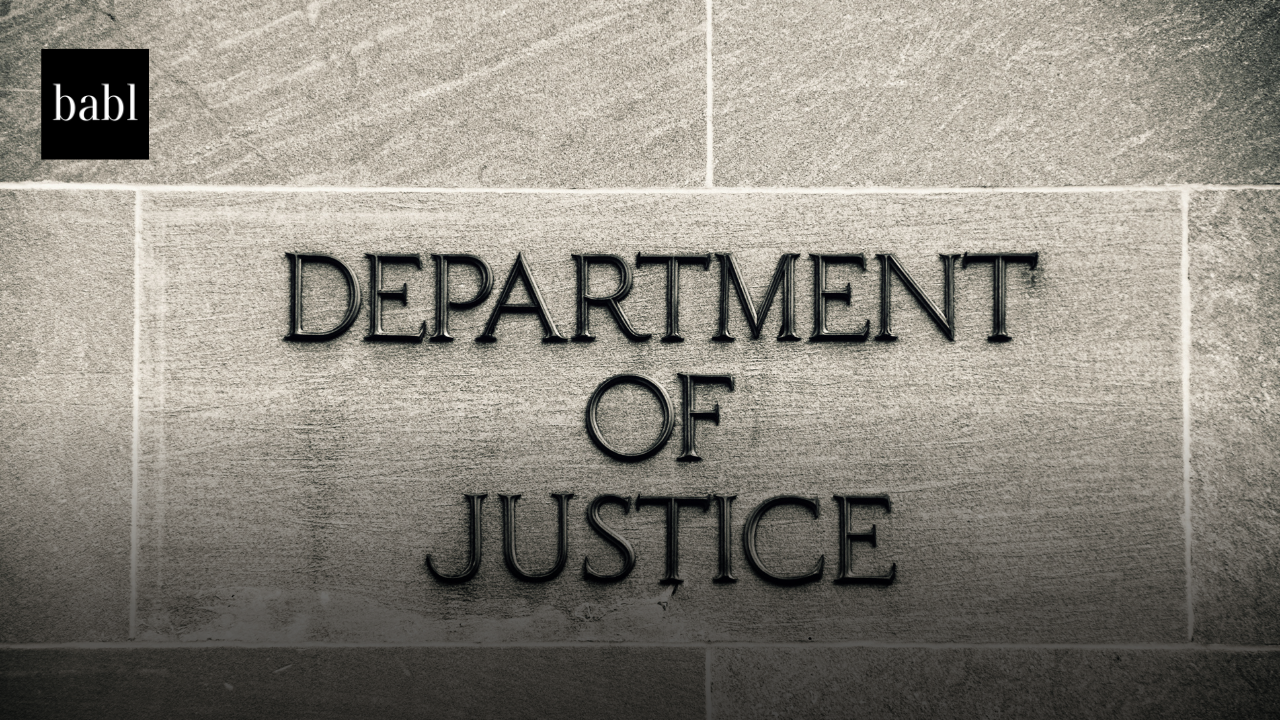UPDATE — NOVEMBER 2025: The AI Liability Directive (AILD) has been formally shelved following mounting opposition from EU lawmakers and stakeholders. After both the Internal Market and Consumer Protection Committee (IMCO) and the Legal Affairs Committee (JURI) criticized the directive as premature and duplicative of existing laws, the European Commission withdrew the proposal in mid-2025 before it reached a plenary vote. The decision effectively ends the AILD’s legislative progress in its current form.
EU policymakers have since shifted focus to implementing the AI Act—which begins applying in mid-2026—and the revised Product Liability Directive (PLD), expected to take effect in 2027. Together, these two laws already establish significant compliance, transparency, and accountability obligations for AI developers and deployers. The Commission has stated that it will reassess the need for dedicated AI liability legislation in 2026, once early data from the AI Act’s enforcement is available.
In the meantime, the European Commission’s Directorate-General for Communications Networks, Content and Technology (DG CONNECT) and the Directorate-General for Justice and Consumers (DG JUST) have launched consultations with insurers, consumer organizations, and national regulators to study emerging AI-related harm cases. This research will inform any future liability framework review. In short, the AILD has been withdrawn, and the EU’s immediate priority is effective enforcement and evaluation of existing laws—the AI Act and Product Liability Directive—before considering new horizontal liability measures.
ORIGINAL NEWS STORY:
European Parliament Committee Opposes AI Liability Directive, Citing Innovation Risks
The European Parliament’s Internal Market and Consumer Protection Committee (IMCO) is urging lawmakers to reject the proposed AI Liability Directive (AILD), arguing that it is premature, unsupported by evidence, and could undermine innovation and competitiveness across the European Union.
In a draft opinion, IMCO rapporteur Kosma Złotowski calls on the Legal Affairs Committee to recommend scrapping the Commission’s proposal. The AILD, first proposed in 2022, is intended to harmonize civil liability rules for harm caused by artificial intelligence systems. But IMCO contends that the EU has already enacted sufficient legislation and should wait to assess its full impact.
“The adoption of an AI Liability Directive at this stage is premature and unnecessary,” the opinion states, pointing to the recently enacted AI Act and the revised Product Liability Directive, which introduce new compliance and liability standards for AI developers and users. These rules are set to take effect between 2026 and 2027.
IMCO further criticizes the Commission’s impact assessment for relying on hypothetical scenarios rather than real-world data. The opinion warns that the AILD could impose excessive litigation risks—particularly through third-party litigation funding—and procedural burdens on businesses, especially small and medium-sized enterprises (SMEs).
According to the European Commission’s 2024 “State of the Digital Decade” report, AI adoption among EU businesses increased by just 0.4 percentage points between 2021 and 2023, reaching only 8%. With the EU targeting 75% adoption by 2030, IMCO argues that adding new liability rules could stifle growth and push startups away from Europe.
The committee also questions the AILD’s legal necessity, noting that national tort laws already allow individuals to claim damages from AI-related harm. Moreover, without a finalized EU definition of “AI system”—still pending Commission guidelines—IMCO says it is unclear what technologies the directive would even regulate.
Instead of moving forward with the AILD, the committee recommends waiting to collect post-implementation data from the AI Act and Product Liability Directive. Only then, it says, should the EU consider further legislative steps, in line with its commitment to better regulation and innovation-friendly policymaking.
Need Help?
If you have questions or concerns about the European AI Liability Directive, or any AI global guidelines, regulations and laws, don’t hesitate to reach out to BABL AI. Their Audit Experts can offer valuable insight, and ensure you’re informed and compliant.





